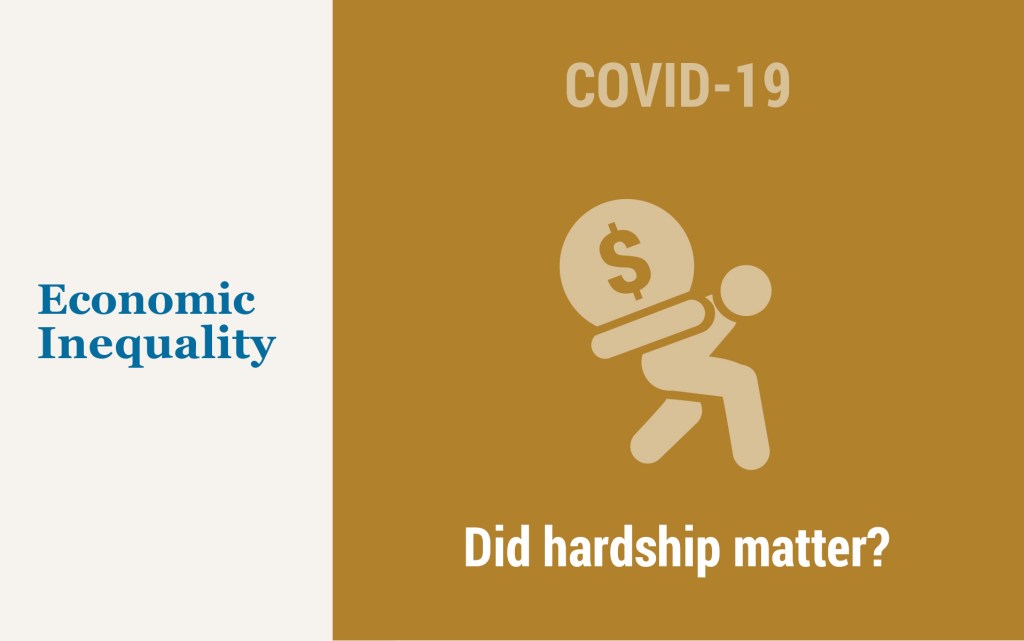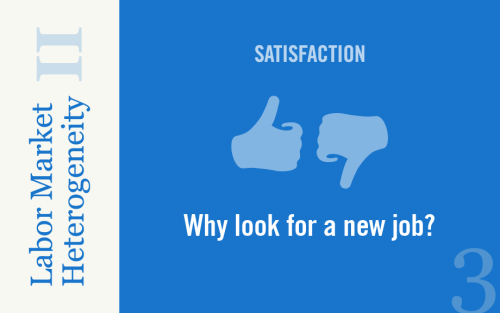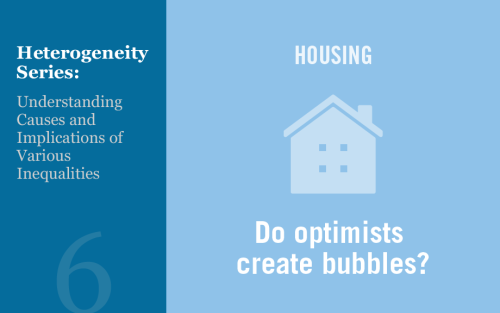Expected Home Price Increases Accelerate over the Short Term but Remain Stable over the Medium Term

The Federal Reserve Bank of New York’s 2022 SCE Housing Survey shows that expected changes in home prices in the year ahead increased relative to the corresponding timeframe in the February 2021 survey, while five-year expectations remained unchanged. Households reported that they would be less likely to buy if they were to move compared to the year-ago survey, marking the first annual decline since the series began in 2014. This drop was driven by current renters, who were much less likely to buy compared to renters in the 2021 survey. Renters also reported that they expect rents to be sharply higher twelve months from now, with the expected rate of increase more than twice that reported a year ago. The expected price of rent five years ahead also rose compared to expectations a year ago, but at a more moderate pace.
What Are Consumers’ Inflation Expectations Telling Us Today?

The United States has experienced a considerable rise in inflation over the past year. In this post, we examine how consumers’ inflation expectations have responded to inflation during the pandemic period and to what extent this is different from the behavior of consumers’ expectations before the pandemic. We analyze two aspects of the response of consumers’ expectations to changing conditions. First, we examine by how much consumers revise their inflation expectations in response to inflation surprises. Second, we look at the pass-through of revisions in short-term inflation expectations to revisions in longer-term inflation expectations. We use data from the New York Fed’s Survey of Consumer Expectations (SCE) and from the Michigan Survey of Consumers to measure these responses. We find that over the past two years, consumers’ shorter-horizon expectations have been highly attuned to current inflation news: one-year-ahead inflation expectations are very responsive to inflation surprises, in a pattern similar to what we witnessed before the pandemic. In contrast, three-year-ahead inflation expectations are now far less responsive to inflation surprises than they were before the pandemic, indicating that consumers are taking less signal from the recent movements in inflation about inflation at longer horizons than they did before. We also find that the pass-through from revisions in one-year-ahead expectations to revisions in longer-term expectations has declined during the pandemic relative to the pre-pandemic period. Taken together, these findings show that consumers expect inflation to behave very differently than it did before the pandemic, with a smaller share of short-term movements in inflation expected to persist into the future.
Have Consumers’ Long‑Run Inflation Expectations Become Un‑Anchored?

With the recent surge in inflation since the spring there has been an increase in consumers’ short-run (one-year ahead) and, to a lesser extent, medium-run (three-year ahead) inflation expectations (see Survey of Consumer Expectations). Although this rise in short- and medium-run inflation expectations is relevant for policymakers, it does not provide direct evidence about “un-anchoring” of long-run inflation expectations. Roughly speaking, inflation expectations are considered un-anchored when long-run inflation expectations change significantly in response to developments in inflation or other economic variables, and begin to move away from levels consistent with the central bank’s (implicit or explicit) inflation objective. In that case, actual inflation can become unmoored and risks drifting persistently away from the central bank’s objective. Well-anchored long-run inflation expectations therefore represent an important measure of the success of monetary policy. In this post, we look at the current anchoring of consumers’ long-run inflation expectations using novel data from the Survey of Consumer Expectations (SCE). Our results suggest that in August 2021 consumers’ five-year ahead inflation expectations were as well anchored as they were two years ago, before the start of the pandemic.
Consumers Expect Modest Increase in Spending Growth and Continued Government Support
Inflation Expectations in Times of COVID‑19

As an important driver of the inflation process, inflation expectations must be monitored closely by policymakers to ensure they remain consistent with long-term monetary policy objectives. In particular, if inflation expectations start drifting away from the central bank’s objective, they could become permanently “un-anchored” in the long run. Because the COVID-19 pandemic is a crisis unlike any other, its impact on short- and medium-term inflation has been challenging to predict. In this post, we summarize the results of our forthcoming paper that makes use of the Survey of Consumer Expectations (SCE) to study how the COVID-19 outbreak has affected the public’s inflation expectations. We find that, so far, households’ inflation expectations have not exhibited a consistent upward or downward trend since the emergence of the COVID-19 pandemic. However, the data reveal unprecedented increases in individual uncertainty—and disagreement across respondents—about future inflation outcomes. Close monitoring of these measures is warranted because elevated levels may signal a risk of inflation expectations becoming unanchored.
How Widespread Is the Impact of the COVID‑19 Outbreak on Consumer Expectations?

In a recent blog post, we showed that consumer expectations worsened sharply through March, as the COVID-19 epidemic spread and affected a growing part of the U.S. population. In this post, we document how much of this deterioration can be directly attributed to the coronavirus outbreak. We then explore how the effect of the outbreak has varied over time and across demographic groups.
















 RSS Feed
RSS Feed Follow Liberty Street Economics
Follow Liberty Street Economics